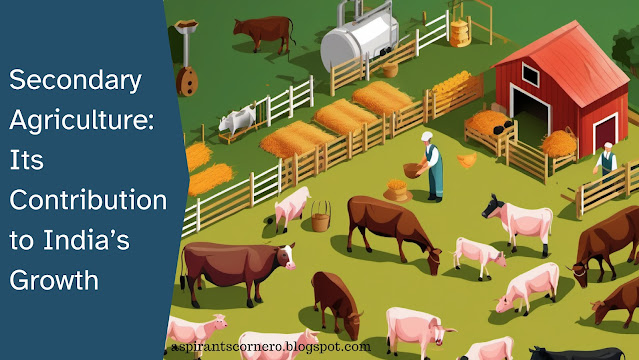Importance of Groundwater Conservation: How we can conserve groundwater

Ways Through which People and Government can Conserve Groundwater With climate change being a reality, the importance of conserving groundwater has increased manifold as conserving groundwater is crucial for sustaining life on Earth. As a finite resource, groundwater plays a vital role in providing drinking water, supporting agriculture, and maintaining ecosystems. With increasing demands and environmental challenges, understanding the importance of groundwater conservation is essential for ensuring water security, preserving biodiversity, and safeguarding future generations against the threats of water scarcity. Situation in India : Groundwater depletion in India is a major concern because it is the primary source of drinking water. According to the Central Ground Water Board (CGWB) of India, approximately 70% of the total water used in India is from groundwater sources. However, the CGWB also estimates that around 25% of the country's total groundwa...


_page-0001.jpg)



